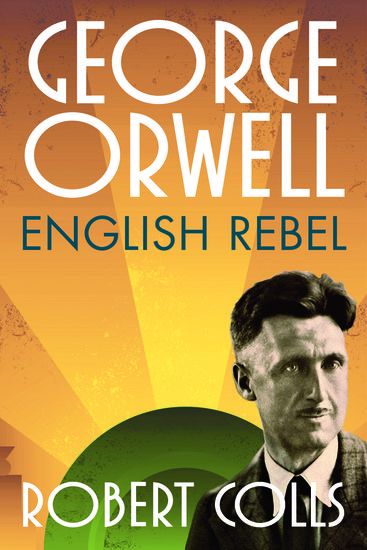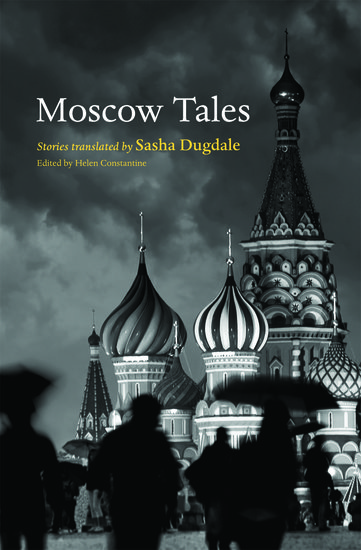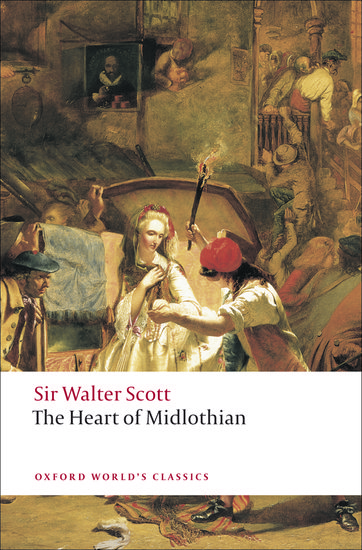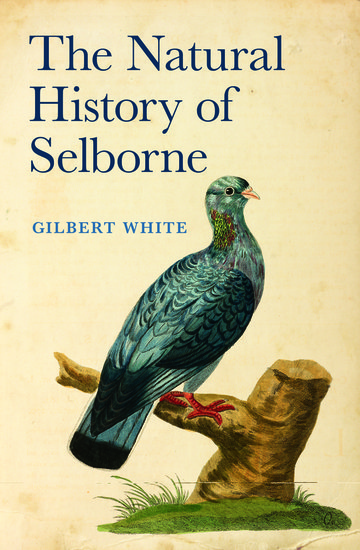Orwell in America
By Robert Colls
The man wants to admit his rebellious thoughts and reveal the deception but knows that by doing so he is going to make the rest of his life difficult, not to say short, and there will be no going back. He does it all the same. He has no accomplices, except his girlfriend. The world has yet to decide what will happen to him. I am of course talking about Edward Snowden.









